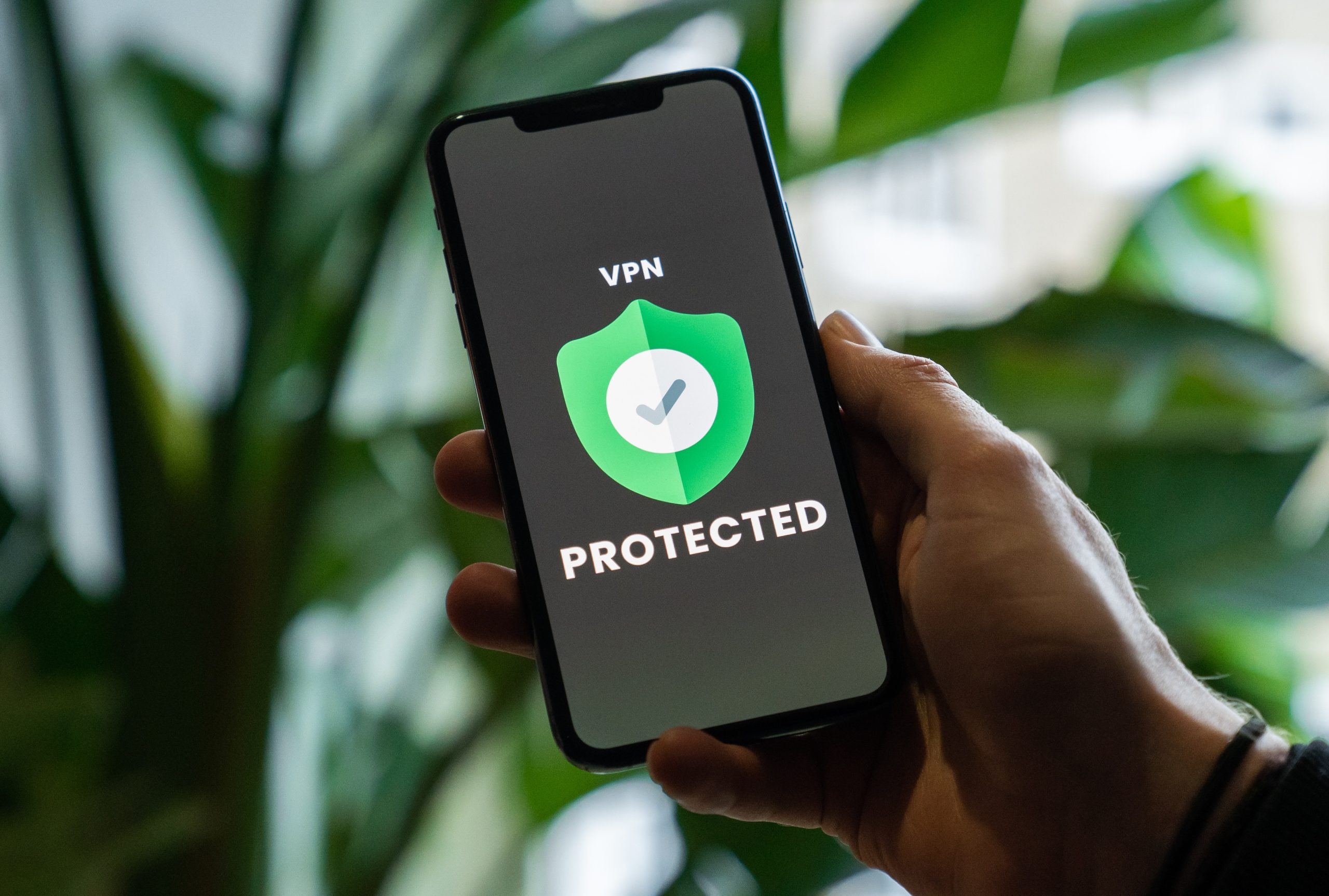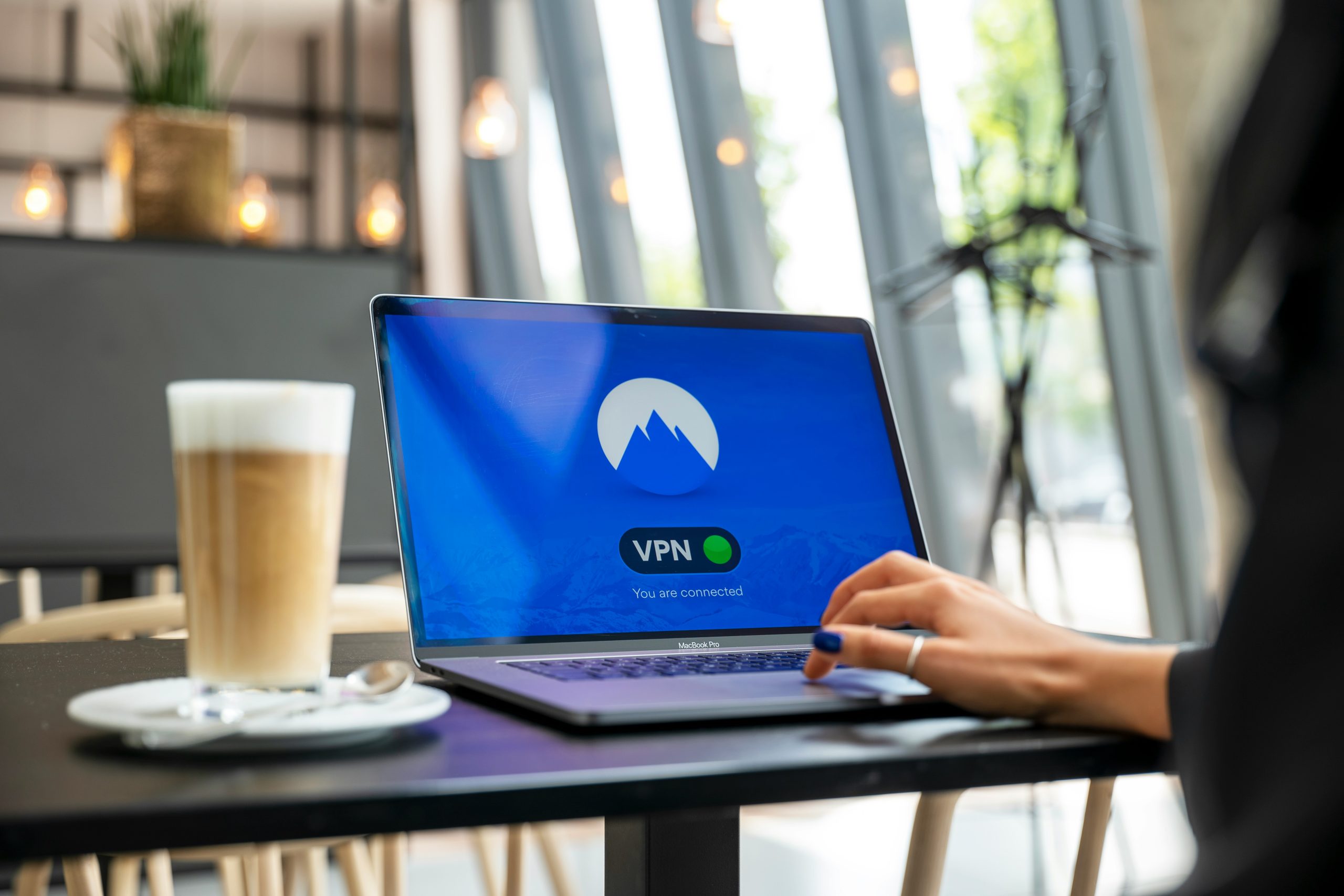In today’s rapidly evolving digital landscape, the importance of cybersecurity for businesses cannot be overstated. As we step into 2023, the need for robust online security measures is more pressing than ever before. With cyber threats becoming increasingly sophisticated, it’s vital for businesses to stay one step ahead to protect their sensitive data and maintain a secure online presence. This is where VPN (Virtual Private Network) as a service comes into play. Offering a secure and encrypted connection over the internet, VPNs have emerged as an indispensable tool for safeguarding business operations in the virtual realm. In this article, we will delve into why every forward-thinking business should give serious consideration to implementing VPN as a service in 2023, exploring its potential benefits and proactive role in fortifying digital defenses against cyber threats.
Why VPN as a Service is Essential
In today’s digital landscape, where data breaches and cyber threats are becoming increasingly prevalent, VPN as a service has emerged as an essential tool for businesses. With the rise of remote work and the widespread use of public Wi-Fi networks, the need to secure sensitive business communications and data has never been more critical. VPN as a service offers a secure and encrypted connection, effectively shielding confidential information from potential hackers or unauthorized access.
Furthermore, VPN as a service provides businesses with the flexibility to access geo-blocked content and bypass internet censorship regulations, which is especially valuable for international companies operating in regions with strict internet controls. Additionally, by routing traffic through remote servers, VPN as a service can help improve network performance and reduce latency issues. As such, businesses can enhance their operational efficiency while ensuring data security—a crucial combination in today’s competitive market.

Understanding the Need for VPN
In today’s digital landscape, the need for VPN (Virtual Private Network) has become more crucial than ever. With cyber threats and data breaches on the rise, businesses are increasingly realizing the importance of securing their sensitive information. A VPN provides a secure and encrypted connection, allowing employees to access company resources from anywhere while keeping data safe from prying eyes.
Moreover, as remote work continues to be a prevalent practice, VPNs offer an essential layer of security for off-site workers. By encrypting communications and masking IP addresses, VPNs help prevent unauthorized access to confidential data. It also ensures that remote employees can connect securely to internal systems without compromising the company’s network integrity. As businesses expand globally, VPNs enable secure connections across different geographical locations, facilitating seamless collaboration while maintaining data confidentiality.
With the growing reliance on cloud-based services and the increasing awareness of privacy concerns, it is evident that implementing a VPN as a service is no longer optional but necessary for every modern business in 2023 and beyond.
Benefits of VPN as a Service
As we step into 2023, the importance of VPN as a Service for businesses cannot be overstated. One of the key benefits lies in its ability to ensure secure and private communication over the internet, a crucial aspect in today’s digital landscape. By encrypting data and masking IP addresses, VPN as a Service not only safeguards sensitive information but also protects against cyber threats such as hacking and data breaches. Additionally, it allows employees to access company resources from anywhere in the world, promoting flexibility and productivity.
Furthermore, opting for VPN as a Service can lead to significant cost savings for businesses. Traditional networking infrastructure can be expensive to maintain and upgrade, but with a cloud-based VPN service, companies can enjoy scalable solutions without the need for extensive hardware investments. This not only streamlines operations but also provides a level of agility that is essential in today’s fast-paced business environment. In essence, adopting VPN as a Service not only enhances security but also offers practical advantages that contribute to overall business efficiency and success.

Security and Privacy Concerns Addressed
In 2023, security and privacy concerns have reached a critical point for businesses of all sizes. From data breaches to surveillance threats, the need for robust protection is more pressing than ever. VPN as a service offers a compelling solution to address these concerns by encrypting internet traffic, shielding sensitive information from prying eyes, and providing secure access to corporate networks. This not only safeguards valuable business data but also ensures the privacy of employees and customers.
Moreover, with remote work becoming the new norm, the vulnerability of unsecured connections has become increasingly apparent. VPNs provide a crucial layer of defense against potential cyber threats and unauthorized access when employees connect to company resources from various locations. By implementing VPN as a service in their infrastructure, businesses can demonstrate their commitment to safeguarding privacy and ensuring top-notch security measures are in place.
Cost-Effectiveness and Scalability
Cost-effectiveness and scalability are two critical factors that make VPN as a Service (VPNaaS) an attractive proposition for businesses in 2023. With VPNaaS, companies can benefit from a pay-as-you-go model, eliminating the need for significant upfront investment in infrastructure and hardware. This cost-effective approach allows businesses to allocate resources more efficiently and redirect capital to other areas of operations, fostering agility and adaptability in an ever-changing market landscape.
In addition, VPNaaS offers unparalleled scalability, enabling businesses to easily expand their network capabilities to accommodate growth or fluctuating demand. As businesses continue to embrace remote work environments and global collaborations, the ability to scale a VPN service seamlessly becomes paramount. By harnessing the power of on-demand scalability through VPNaaS, businesses can enhance their operational flexibility without compromising security or performance, setting the stage for sustainable growth and seamless adaptation in today’s dynamic business environment.

Industry-Specific Applications
Industry-specific applications of VPN as a Service are revolutionizing the way businesses operate in 2023. From healthcare to finance, the need for secure and seamless data transmission is imperative. In the healthcare sector, VPN as a Service ensures that patient records and sensitive medical information are transmitted securely between providers, improving efficiency and patient care. Similarly, in the financial industry, VPNs provide an added layer of security for banking and financial transactions, safeguarding critical data from potential cyber threats.
Moreover, in the manufacturing and supply chain sector, VPNs enable real-time monitoring and control of production processes across different locations. This not only enhances operational efficiency but also strengthens cybersecurity measures against industrial espionage or unauthorized access. As businesses continue to prioritize digital transformation, industry-specific applications of VPN as a Service have become indispensable tools for ensuring data privacy and network security across diverse sectors.
Future Outlook: Integration and Innovation
The future outlook for businesses in 2023 and beyond is centered around integration and innovation. As technology continues to advance at a rapid pace, companies are increasingly looking for ways to streamline their operations, enhance productivity, and maximize efficiency. This has led to a greater emphasis on integrating various systems and processes within organizations, as well as leveraging innovative solutions to meet the evolving needs of the market.
Furthermore, the integration of cloud-based services with on-premise systems is becoming more widespread, allowing businesses to benefit from the flexibility and scalability that such hybrid environments offer. Additionally, advancements in artificial intelligence (AI) and machine learning are enabling companies to automate repetitive tasks, analyze data more effectively, and gain valuable insights that can drive strategic decision-making. Overall, the future outlook for businesses revolves around harnessing integration and innovation to stay competitive in an ever-changing global marketplace.
Conclusion: Embracing VPN for Business Growth
In conclusion, embracing VPN for business growth is not just a trend or a passing fad, but rather an essential strategy to ensure security, flexibility, and efficiency in today’s digital landscape. By implementing a VPN service, businesses can safeguard their sensitive data from cyber threats and unauthorized access, thereby fostering trust and confidence among customers and partners. Moreover, the ability to securely connect remote employees and branch offices through a VPN empowers businesses with the agility to scale operations, tap into global talent pools, and explore new markets without compromising on security.
Furthermore, the use of VPN technology fosters innovation by enabling seamless collaboration across diverse geographical locations while ensuring compliance with data privacy regulations. The strategic deployment of VPN as a service positions businesses for sustainable growth by creating a foundation for secure digital transformation initiatives. As we navigate the complexities of an increasingly interconnected world in 2023 and beyond, integrating VPN into business strategies will be pivotal in staying resilient against evolving cybersecurity threats while harnessing opportunities for expansion and market leadership.



